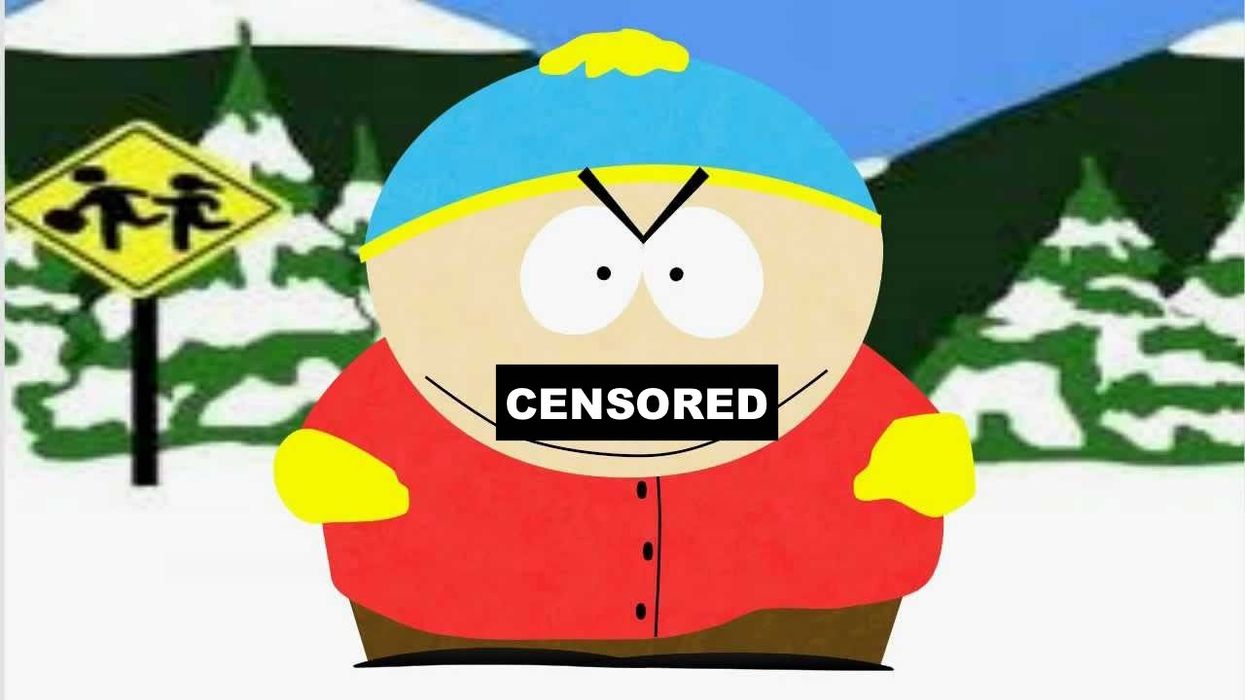The Evolution of 'South Park', Vulgarity, and TV Censorship
Good, bad, or somewhere in between, South Park has changed the way we view profanity and TV censorship.

Almost as long as there has been on-screen vulgarity and profanity there has been someone or something that wants to censor it. Out of the Production Code of 1922 grew a ratings system that we use today, much of which is self-regulated (as opposed to government regulated), but shows like South Park have pushed, prodded, and even provoked those that which to curtail their use of crude subject matter, images, and words. This video essay by Kristian Williams explores how the show and its creators Matt Stone and Trey Parker have weathered several censorship storms to become as one of the most popular animated shows of all time.
From the beginning, South Park meant business; you knew right out of the gates that the show had its sights set on pushing boundaries. The first episode that aired on Comedy Central back in 1997 was chock-full of what some would classify as offensive material, from aliens giving Cartman an anal probe to Kyle's expletive-ridden tirade:
This wild vulgarity may have started out as Old West style gunslinging, but it evolved to become a vehicle of social commentary and debate in episodes like "It Hits the Fan", "Cartoon Wars I and II", "200", and "201". Soon, things like the word "shit" and images of Muhammad became centerpieces of entire episodes in order to open a dialog on wider issues concerning censorship.
So, whether you consider it sophisticated satire masquerading as vitriol or just straight up vitriol, South Park is still a TV show that got people talking about censorship and how it affects art, information, and the world.
Source: kaptainkristian











